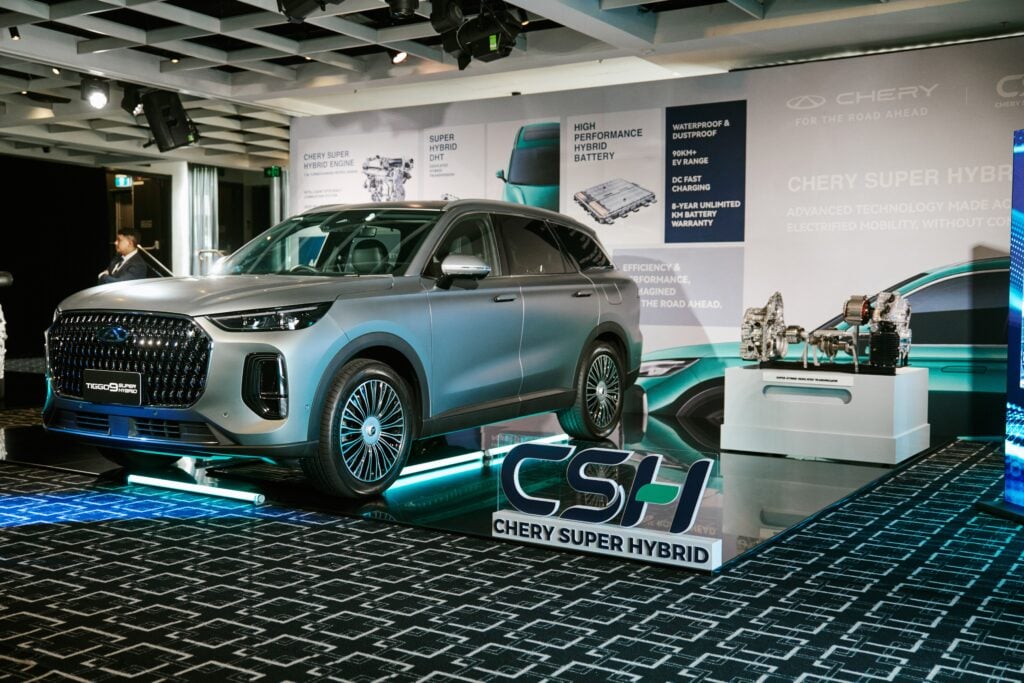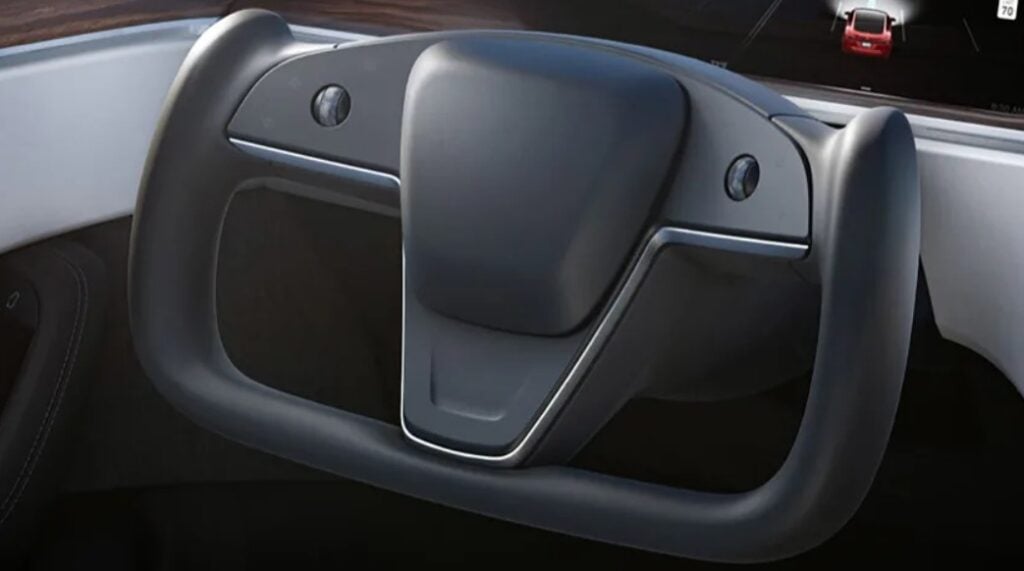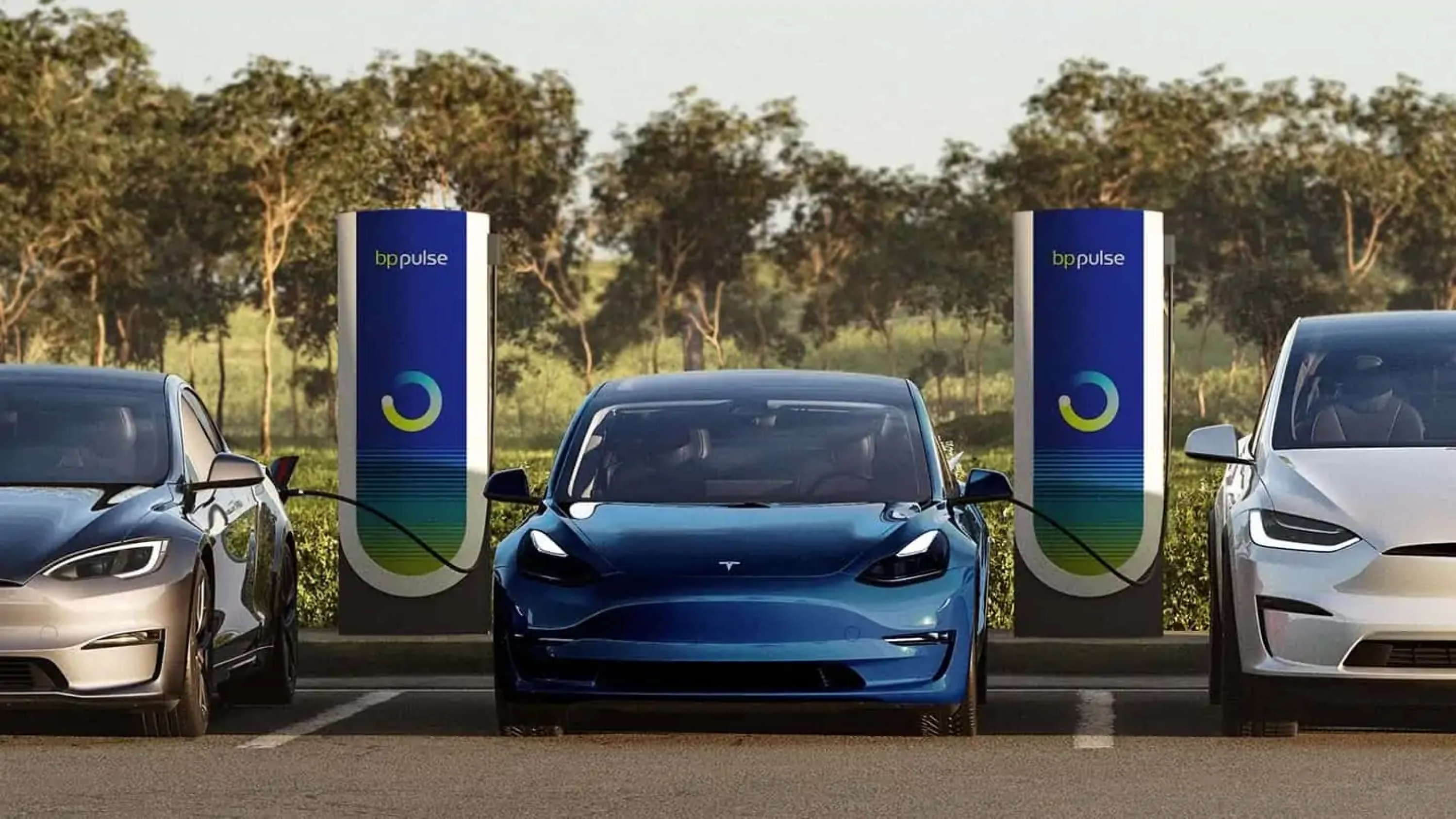
Tesla will supply its Supercharging stations to BP Pulse in a deal worth AU$157.8 million.
Snapshot
- Tesla Superchargers sold to BP Pulse to establish US network
- V4 Supercharging stalls feature 250kW DC output, NACS and CCS1 plugs
- Will integrate with Tesla vehicle software and u2018Plug and Chargeu2019
The deal will establish BP Pulse’s public fast charging network in the United States, which will debut from 2024.
The deal represents the first time the American company has sold its electric vehicle Superchargers – long lauded for their reliability and convenience – to a third-party network.
The fuel giant will receive Tesla’s latest V4 Supercharger model, which can output up to 250kW DC fast-charging speeds with longer cables to reach all EV models’ charge ports.
Tesla’s built-in ‘Magic Dock’ adapter will also feature to offer both North American Charging Standard (NACS) and Type 1 Combined Charging System (CCS) plugs – the former of which will become the universal standard in the continent from around 2025.
The BP Pulse-branded and operated stations support ‘Plug and Charge’ functionality for compatible EV models to start charging sessions, without the need for a smartphone app.
For Tesla vehicles, the network will also integrate with its built-in navigation system – which is a Tesla requirement.
This potentially means, for the first time, Tesla EVs can automatically pre-condition the battery when a non-Tesla operated station is selected as a destination.
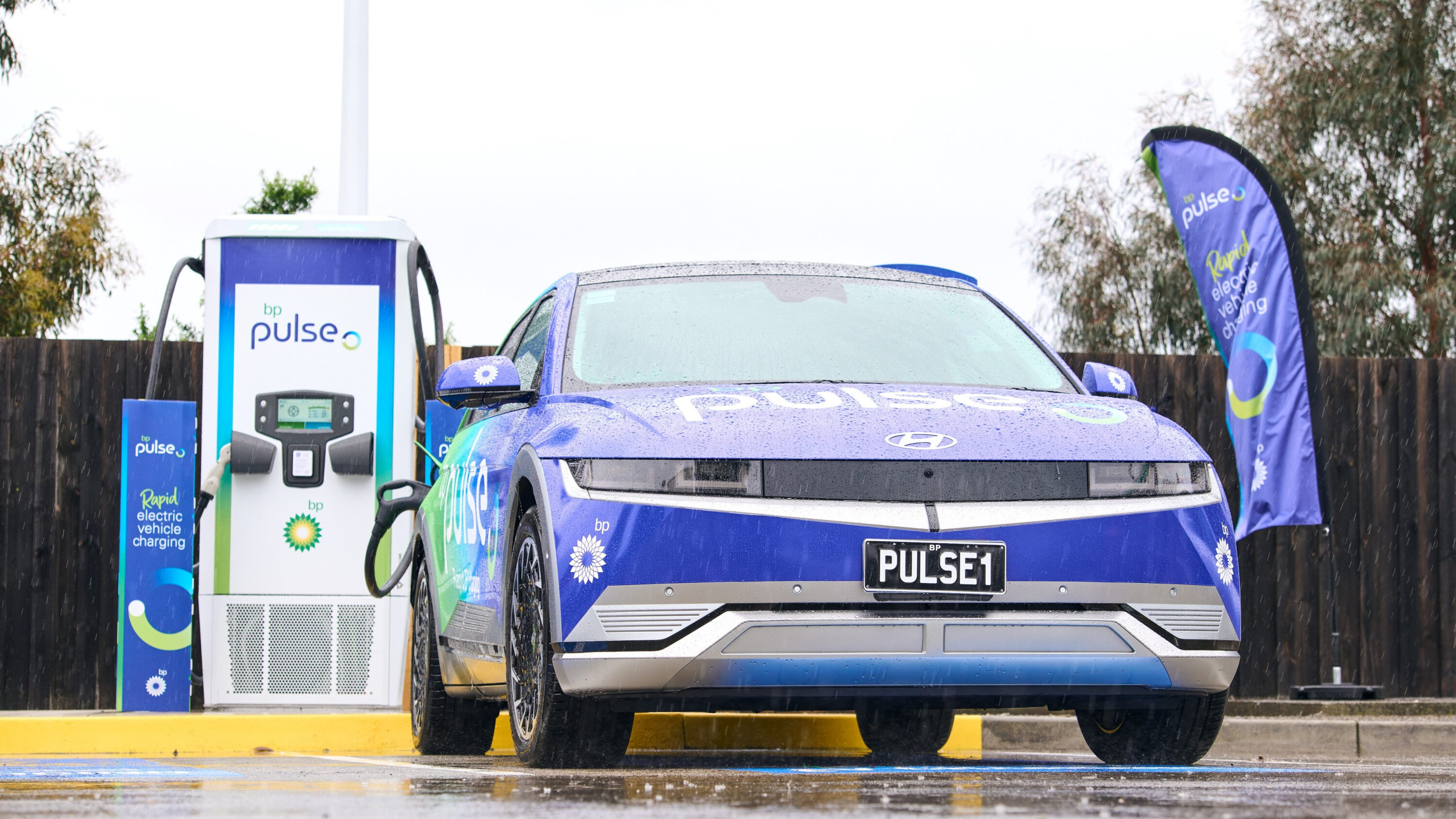
In Australia, BP Pulse has partnered with Brisbane-born manufacturer Tritium, as part of a multi-year contract.
Since launching last year, the British oil and energy company has deployed a network of 46 charging locations using Tritium’s latest modular PKM charging stations.
Each stall outputs 75kW DC, with power-sharing capabilities between two EVs, and load balancing functionality with nearby units and the electricity grid.
The Tritium PKM charging station is capable of being upgraded to 150kW DC, though the company hasn’t officially committed to it.
It also recently introduced time-based charging costs at select locations to curb rising electricity market rates.
In its European and United Kingdom markets, BP has deployed a mix of stations from EV charging equipment manufacturers ABB and Chargemaster.
We recommend
-
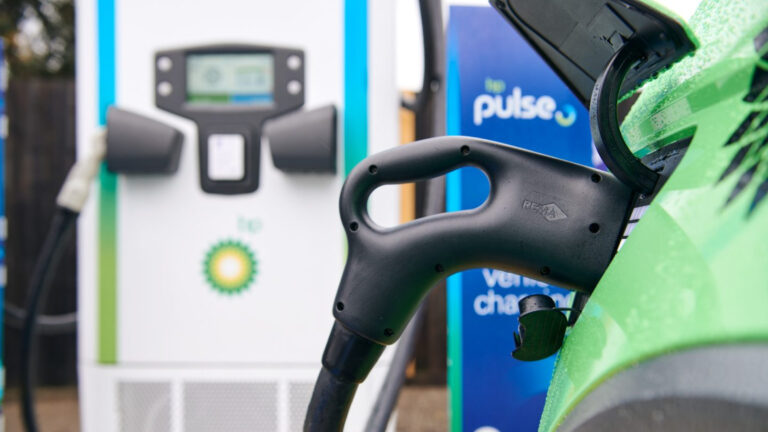 News
NewsBP Pulse begins time-based EV charging prices
It will be cheaper to charge at night and weekends at select BP charging stations
-
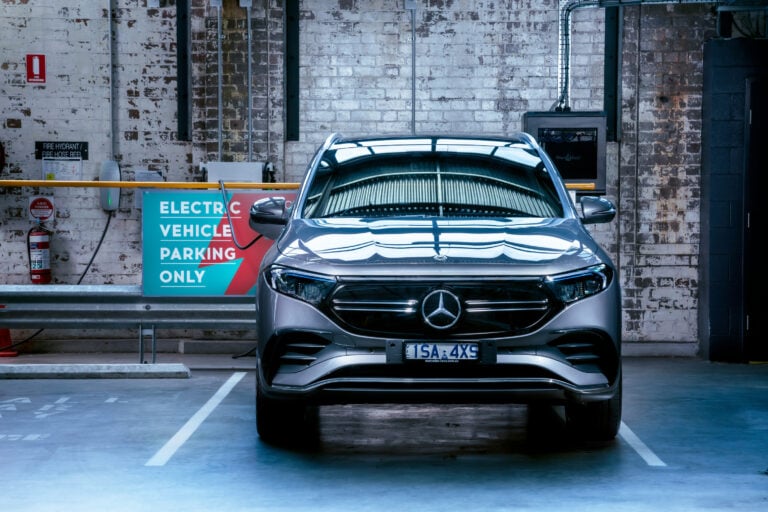 Advice
AdviceHow much does it cost to charge an electric car?
We outline the home charging and public charging network costs in this guide
-
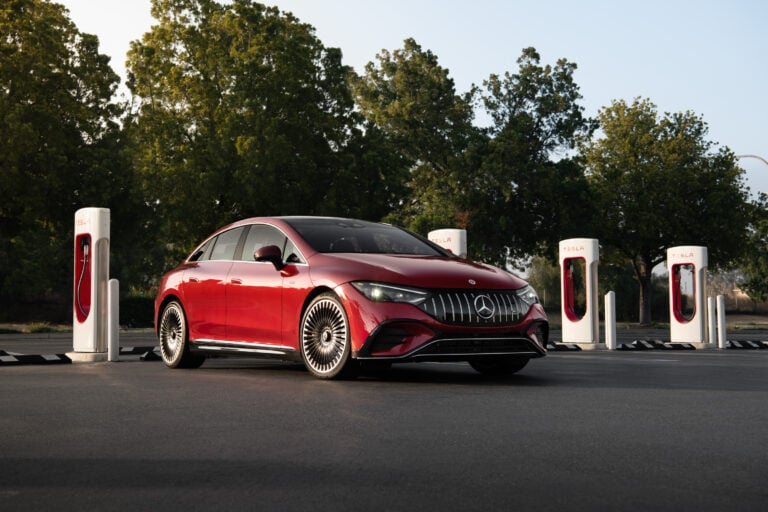 News
NewsTesla significantly expands Superchargers to all EVs in Australia, but...
All EVs can now access more Tesla Superchargers in Australia – if you’re willing to pay



